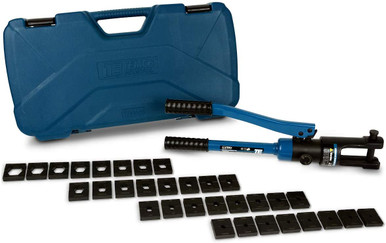I'm new to this forum, so please forgive me if this isn't the right place to ask this or if this is a frequently asked question here. I could really use some help in figuring out the best way to go about a project:
I want to build a backup system (grid tied UPS backup) for a CPAP that draws 0.8 (120v) amps at most (tested with a clamp meter - the actual draw is usually much lower), and I'd like to be able to run it for a minimum of 10 hours (that includes a small safety margin). This is NOT a life or death issue - It's okay if this thing goes down, it's just really annoying.
My current gameplan is a 100Ah 12v LiFePo4 battery connected to an inverter/charger/automatic transfer switch. I'm not currently planning on adding solar.
Is there a cheaper, but still reliable option other than a Victron Multiplus-II for the inverter/charger/transfer switch? Is this overkill? Because my wallet feels like this is overkill.....
Is there any advantage to mounting this system in my basement (running an additional circuit in my house to it's own dedicated outlet) over making this thing portable (fabricating a suitable container) and just plugging it into a 15amp outlet like a store bought UPS?
Is there a cheaper (but still reliable) way to do this?
Any advice you can offer would be greatly appreciated.
I want to build a backup system (grid tied UPS backup) for a CPAP that draws 0.8 (120v) amps at most (tested with a clamp meter - the actual draw is usually much lower), and I'd like to be able to run it for a minimum of 10 hours (that includes a small safety margin). This is NOT a life or death issue - It's okay if this thing goes down, it's just really annoying.
My current gameplan is a 100Ah 12v LiFePo4 battery connected to an inverter/charger/automatic transfer switch. I'm not currently planning on adding solar.
Is there a cheaper, but still reliable option other than a Victron Multiplus-II for the inverter/charger/transfer switch? Is this overkill? Because my wallet feels like this is overkill.....
Is there any advantage to mounting this system in my basement (running an additional circuit in my house to it's own dedicated outlet) over making this thing portable (fabricating a suitable container) and just plugging it into a 15amp outlet like a store bought UPS?
Is there a cheaper (but still reliable) way to do this?
Any advice you can offer would be greatly appreciated.






